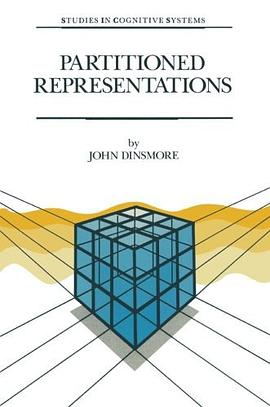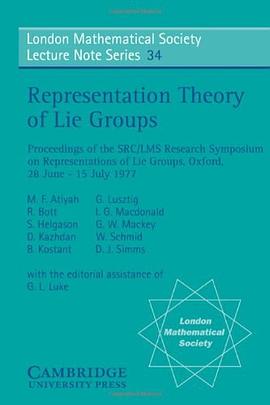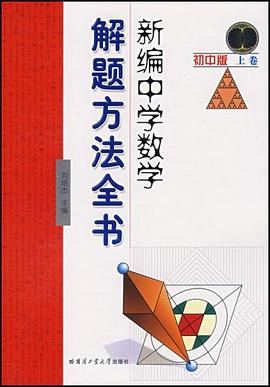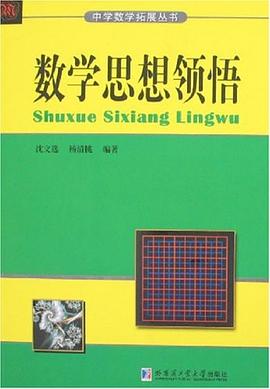

Cognitive science is a field that began with the realization that researchers in varied disciplines-psychology, artificial intelligence, linguistics, philosophy, formal semantics, neuroscience, and others-had taken on a common set of problems in representation and meaning, in reasoning and language. Nevertheless, cognitive science as a whole enjoys no common methodology or theoretical framework, and is in danger of becoming even more fragmented with time. There are two reasons for this. First, cognitive science is built on existing methodologies that have different historical origins. AB a result, the psychologist's truth is different from the linguist's truth. The artificial intelligence researcher's truth is different from the philosopher's truth. The neuroscientist's truth is different from the formal semanticist's truth. All too often there is little or no recognition of the relevance of work in other disciplines to one's own concerns. Second, cognitive scientists tend to develop theories around isolated problems. For instance, there are theories about how humans categorize concepts, about how humans analyze linguistic expressions syntactically, about how the English tense system works semantically, about how humans reason about space or reason about time, about how goal-directed problem solving occurs, about how the brain computes, and so on.
具体描述
读后感
评分
评分
评分
评分
用户评价
相关图书
本站所有内容均为互联网搜索引擎提供的公开搜索信息,本站不存储任何数据与内容,任何内容与数据均与本站无关,如有需要请联系相关搜索引擎包括但不限于百度,google,bing,sogou 等
© 2025 book.wenda123.org All Rights Reserved. 图书目录大全 版权所有




















